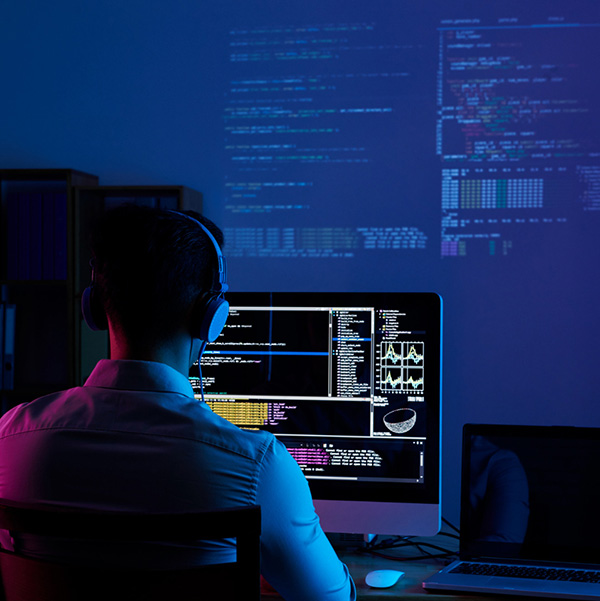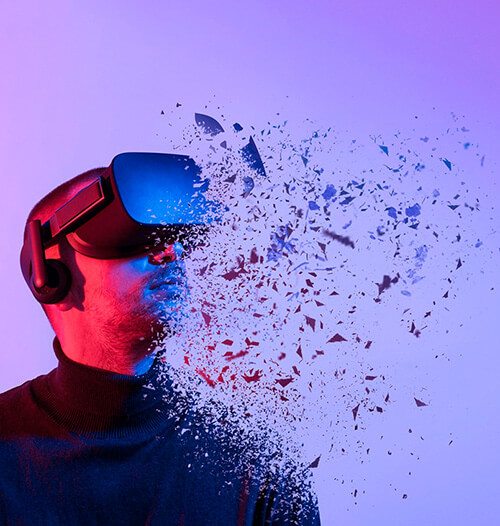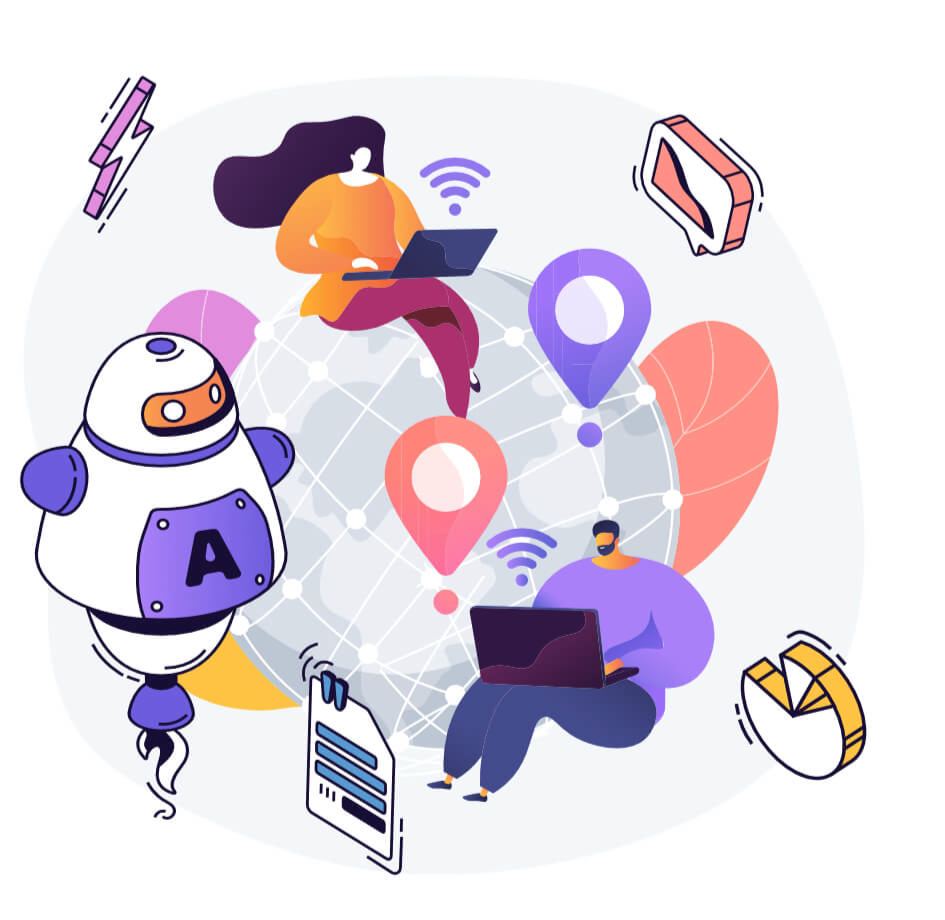The COVID-19 pandemic has made companies adapt to a new way of working. In fact, smart working has been the way of life for months, and many Italian companies are still adopting it, bringing innovation to the world of work through the use of cutting-edge technologies. As Alessio Botta, a partner at McKinsey, puts it, "Italy could use artificial intelligence to drive 1 percent annual GDP growth. This is a unique opportunity. Unmissable."

The power of artificial intelligence for remote work
The isolation required to contain the coronavirus highlighted an important fact: working from home is not just an emergency situation, it can become the new normal. In fact, employees are learning to work remotely by using various tools such as Skype and Google Meet, making it possible to bring in resources that are physically distant from the company's headquarters. According to one estimate, the number of employees who could work from home could reach 25 percent by the end of 2021.
According to the Boston Consulting Group study "What 12,000 Employees Have to Say About the Future of Remote Work," which surveyed 12,000 employees in three countries (the U.S., Germany, and India), productivity has not declined in this remote work environment.
The factors that have the greatest impact on productivity turn out to be the following:
● The network of social relationships
● Mental health
● Physical health
● The tools you need to work with
When these factors are maintained or increased, most respondents say they achieve excellent productivity results. And in this context, artificial intelligence can help increase the efficiency of remote work by speeding up this process (which has been amplified by repeated lockdowns).

Applications of Artificial Intelligence to the Hybrid Work Environment
AI has the potential to enhance human well-being and improve the quality of work through immersive reality, robotic process automation, and augmented virtual reality. But what are its applications and what could they be?
One application could be the creation of 3D virtual environments to give workers the sensation of being in a traditional work environment. It could help facilitate business meetings, provide a clearer understanding of what needs to be done despite the physical distance, and make teamwork more immersive.
Technologies could be implemented to verify the identity of individuals through document verification tools, age verification, and OCR technology.
Consulting, training, and support are also activities that can be expanded and enhanced through artificial intelligence. For example, machine translation mechanisms, some of which already exist, would enable contact with customers and suppliers of other nationalities, thereby increasing business opportunities.
Last but not least, there are tools for remote collaboration that, thanks to AI, are already making work more efficient by reducing misunderstandings in a project's workflow.
The artificial intelligence market is estimated to grow by $190 billion by 2025 and will be able to improve hybrid work from home by developing an enhanced work environment. Thanks to AI, we will be able to develop previously unimaginable solutions to work problems and take full advantage of the technological potential available to businesses.
